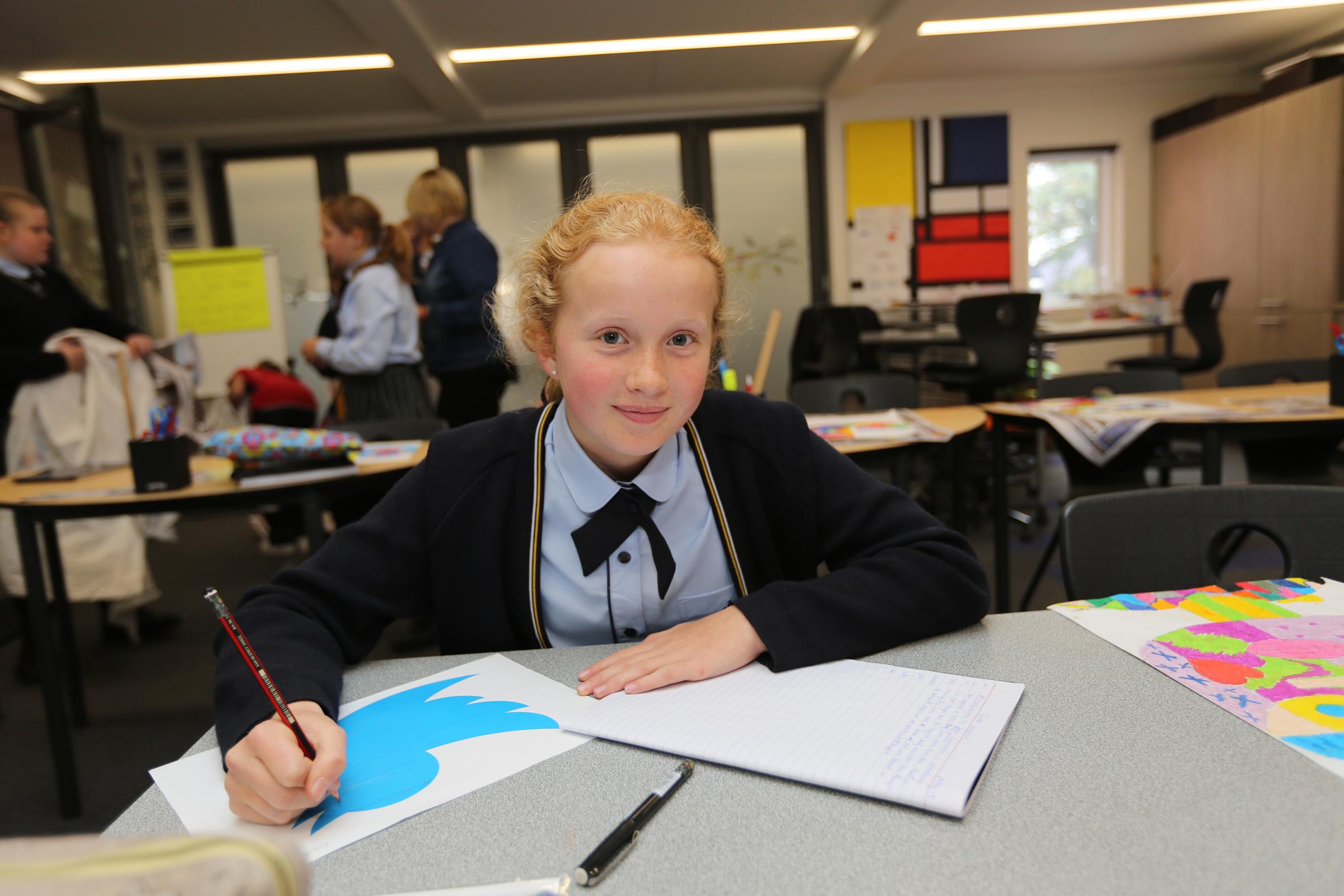
Positive Education
What is Positive Education?
Positive education has been defined as "education for both traditional skills and for happiness" (Seligman et al., 2009).
Positive psychology itself has been defined as an umbrella term encompassing theory and research in relation to what makes life worth living (Noble & McGrath, 2008).
Whilst the study of happiness falls under this umbrella, so do other psychological constructs such as meaning, wisdom, creativity and many more. We would argue that positive psychology is extremely relevant to the school setting to assist in the understanding and development of high levels of psychological wellbeing in students, staff and school.
Why Positive Education?
Historically schools have aimed for academic excellence as evidence for their success, today there are growing numbers of schools that acknowledge the need for a more holistic approach that fosters the flourishing of the whole person (Huitt, 2010). Specifically Positive Education seeks to combine the principles of positive psychology and best-practice- teaching to promote optimal development and flourishing in a school setting. (Norrish, Williams, O’Connor & Robinson 2013)
Positive Education recognises the stresses and strains of the modern world have uniquely impacted on the learner evidenced by the increasing statistics on psychological distress and mental illness in our children and adolescents. Beyond Blue has published some significant data around adolescent health that is noteworthy.
- Evidence suggests three in four adult mental health conditions emerge by age 24 and half by age 14. Breakdown: Half of all lifetime cases of mental health disorders start by age 14 years and three fourths by age 24 years.
- Young people are most concerned about coping with stress, school or study problems and body image in that order Breakdown: The top issues of concern to young people in 2013 were, in order, coping with stress, school or study problems, body image, depression and family conflict.
- Concern about mental health among young people is growing. Breakdown: 15.2% identified mental health as a major issue facing Australia in 2013, up from 12.7% in 2012 and 10.7% in 2011.
- Young people see mental health as a more important issue than things such as the environment, bullying, education and employment. Breakdown: In 2013, young people saw mental health as a more important issue than things such as the environment, bullying, education and employment.
This reality supports the need to take a more proactive rather than reactive approach to mental health. Drawing on the success of Geelong Grammar and others such as the Wildness School in South Australia Mount Carmel adopts a whole school approach to Positive Education so that all we do is mindful and timely in its willingness to foster flourishing for our students. Instead of having solo approaches to wellbeing throughout the school based on the effort of individual teachers, the aim is for every staff member to see themselves as a teacher of positive education and to have Positive Education principles, values, strategies/ interventions written and imbed across the whole school Kinder through to Year Ten.
The research already documented by Geelong Grammar and others indicates that if we can focus on wellbeing we will see the teaching of wellbeing to students, having a direct impact on academic success (Durlak, Weissberg, Dimnicki, Taylor and Schellinger 2011). Wellbeing is based on the science of Positive Education. Martian Seligman offers his structure of PERMA as a means to understand the ‘what’ and the ‘why’ of Positive Education. He identifies:
- Positive Emotions: “Know thy self”, A proactive approach to protecting and elevating the emotional wellbeing and health of all. For example, fostering self- awareness, teaching growth mindset, signature strengths and resilience.
- Engagement: Fostering the deep immersion in activities, personal presence and commitment to learning through understanding the nature of engagement, the pathways to it and its value to the individual e.g. mindfulness and savouring strategies.
- Positive Relationships: Recognising the fundamental importance of feeling connected to others and having supportive relationships plays in having a full life. The focus here is to help students develop social and emotional skills that nourish their relationships with self and others. Building a culture of compassion, respect, kindness and forgiveness.
- Meaning: Seligman talks about positive purpose this is best expressed through community service/ service learning and the role of faith in people’s lives. It concerns how people make sense of the world and their plans in it. It involves but is not limited to knowing our founding story and the charism of our College.
- Accomplishment: This domain aims to develop individual potential through striving towards and achieving meaningful outcomes. This includes academic learning and achievement. This also involves setting and striving towards goals that are rewarding for self, others and the community. Seligman talks about embracing challenges with ‘grit’, hope and openness to learning from experiences and developing a growth verses a fixed mindset.
Mount Carmel has been particularly focused on the wellbeing and development of the whole person body, mind and spirit. Positive Education building on the work of positive psychology through Martian Seligman and others presents a new and exciting opportunity to apply research based approaches that can and do result in increasing levels of wellbeing and the flourishing of the students at Mount Carmel College.
Melanie Sluyters
Director of Positive Education
Sources:
- psychology.org.au/publications/inpsych/2011/april/green/
- youthbeyondblue.com/footer/stats-and-facts
- Norrish, J, 2015. Positive Education. 1st ed. Oxford: Oxford University Press
